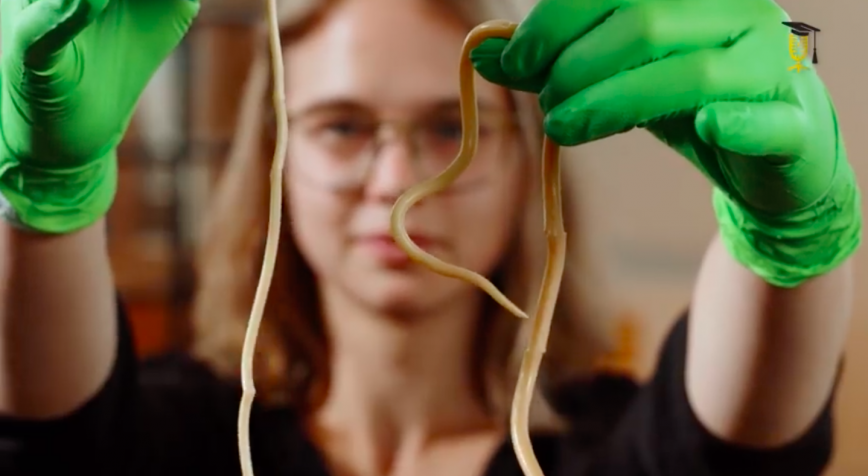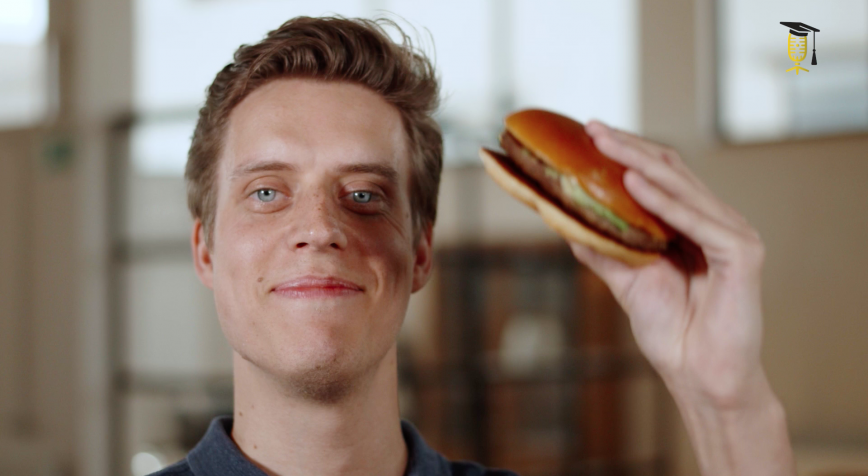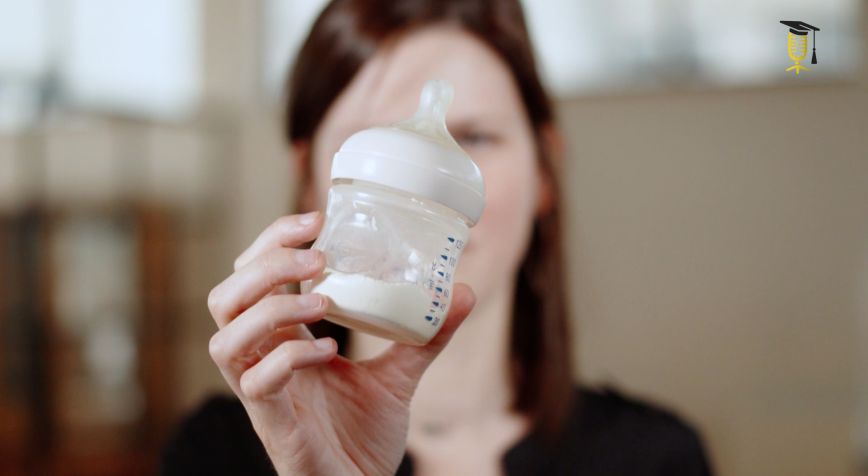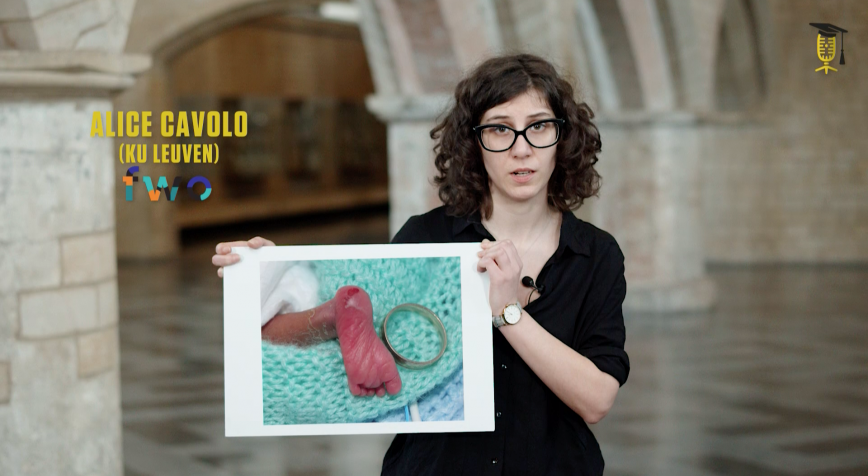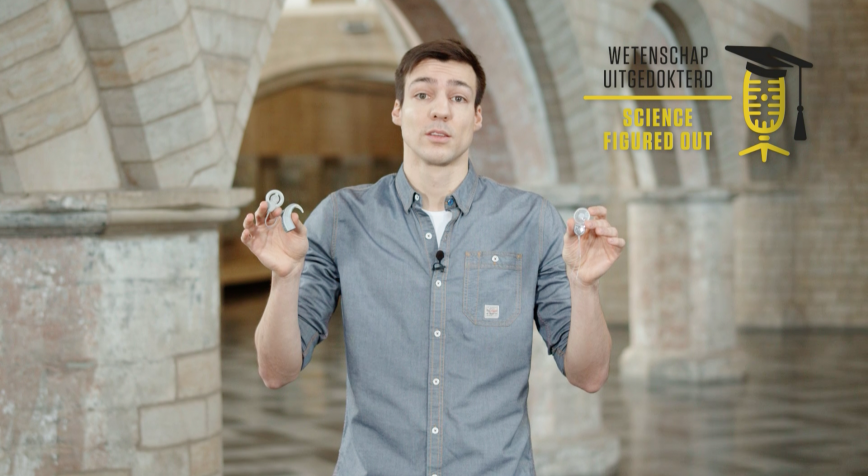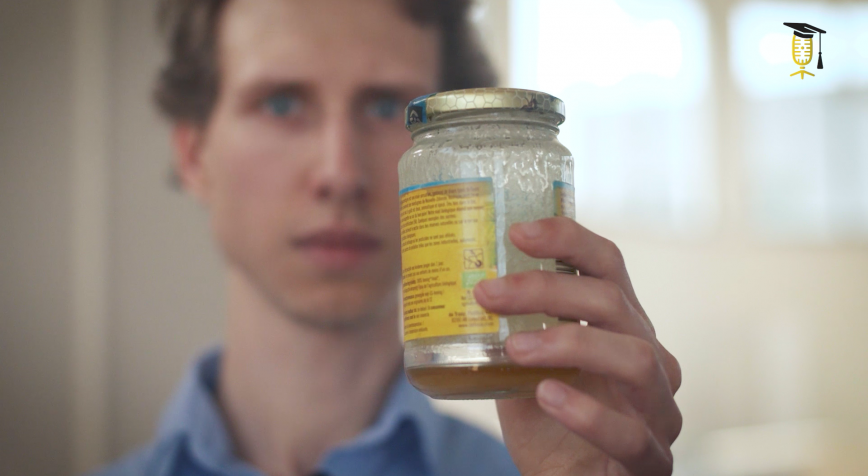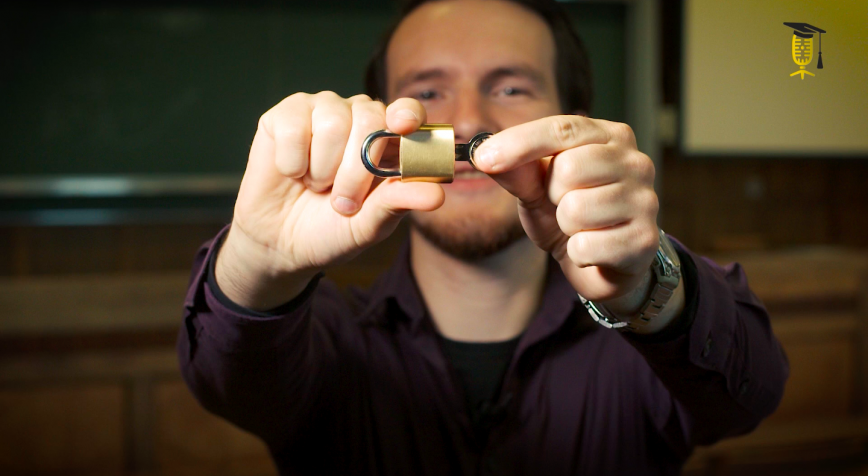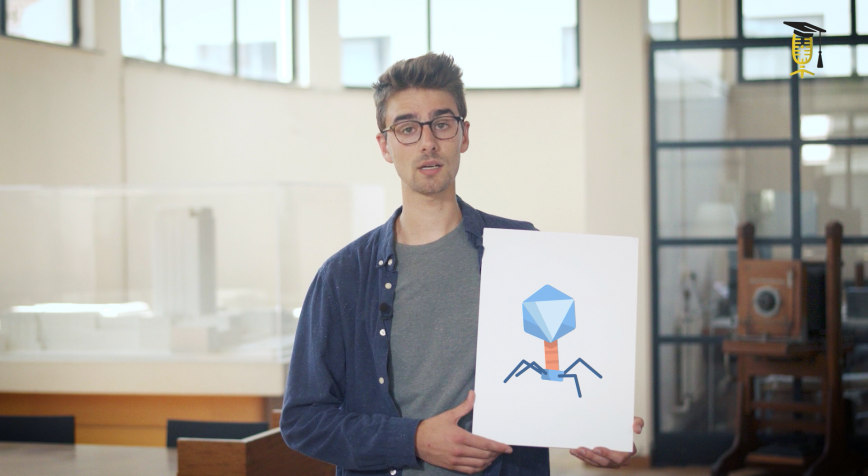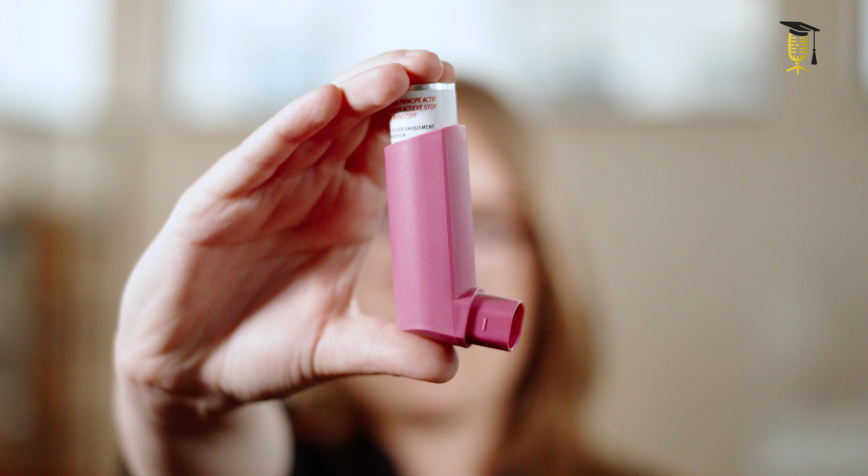
UGent
How do we give people with asthma their breath back?
Worldwide, some 235 million people suffer from asthma. Drugs such as a quick-relief inhaler can help to suppress their symptoms. But they can't cure asthma. Fien Gysens hopes that her research will contribute to finding a cure for asthma!

